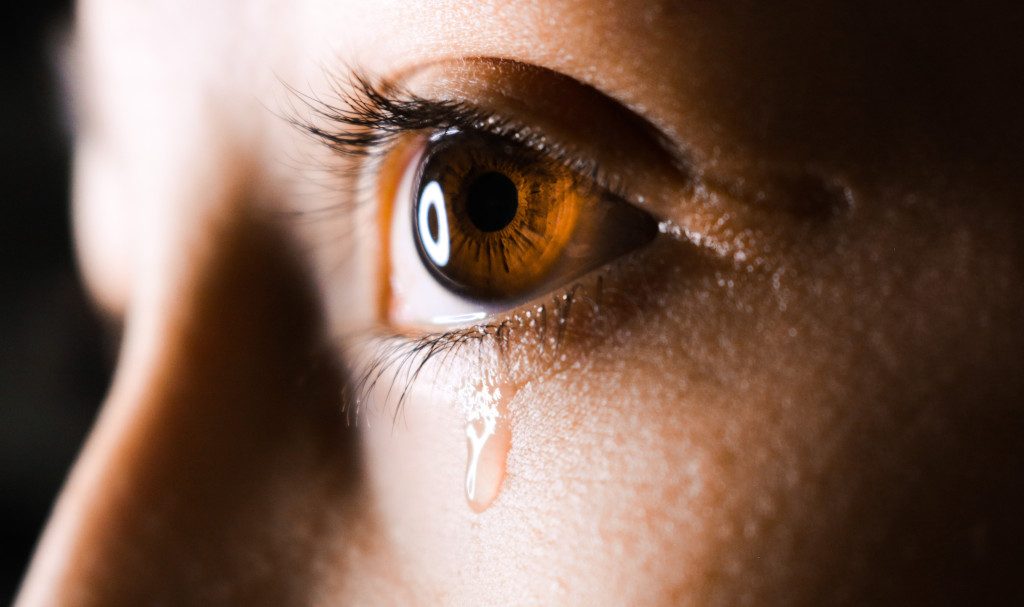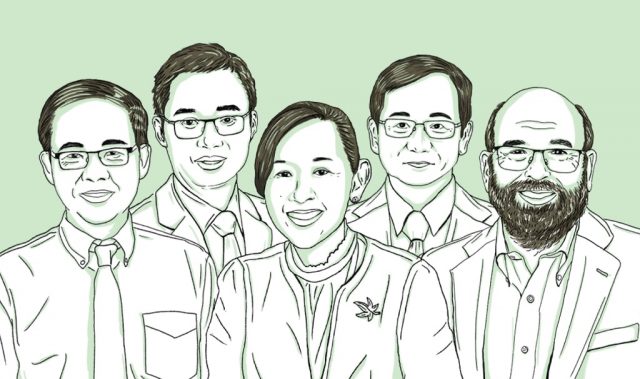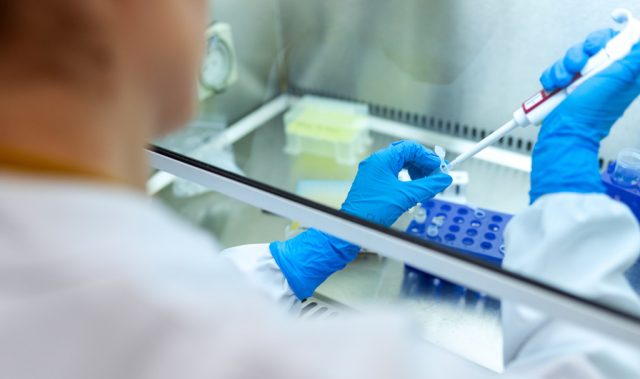
AsianScientist (Apr. 1, 2020) – A small clinical study conducted in Singapore with 17 COVID-19 patients has shown that the SARS-CoV-2 coronavirus may not be readily transmissible in tears. The study has been published in Opthalmology.
Led by senior author Associate Professor Rupesh Agrawal at Tan Tock Seng Hospital, Singapore, the investigators conducted a small prospective study to observe whether or not COVID-19 patients had detectable virus in their ocular discharge.
They enrolled 17 patients infected with COVID-19 at various time points in the disease’s natural history, and collected 64 tear samples between 3 to 20 days after the onset of COVID-19 symptoms, with the majority of the samples collected between the second and third week.
Neither viral culture nor reverse transcription polymerase chain reaction (RT-PCR) detected the virus in tear samples, suggesting a low risk of ocular transmission. Of particular interest was the negative result from a tear sample collected on day 17 from the only patient with red and swollen eyes, which developed after admission.
The authors note that their results are preliminary and will require further validation by studies with a larger sample size. They also caution that the tear samples and nasopharyngeal swabs were tested using different PCR assays and laboratories, and that conjunctival scrapings were not part of the screening protocol.
These results are consistent with the current position held by both the World Health Organization and Centers for Disease Control, which describe respiratory droplets and their contact with oral, nasal or ocular mucosa as the primary mode of transmission.
The article can be found at: Seah et al. (2020) Assessing Viral Shedding and Infectivity of Tears in Coronavirus Disease 2019 (COVID-19) Patients.
———
Source: American Academy of Ophthalmology; Photo: Unsplash.
Disclaimer: This article does not necessarily reflect the views of AsianScientist or its staff.












